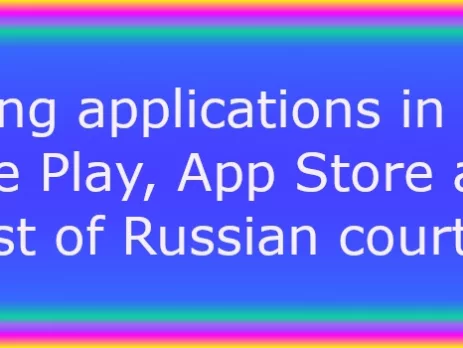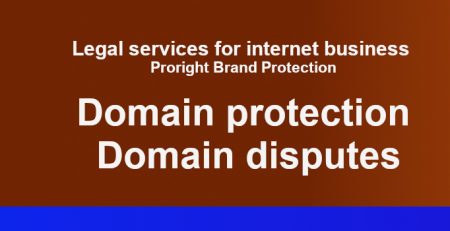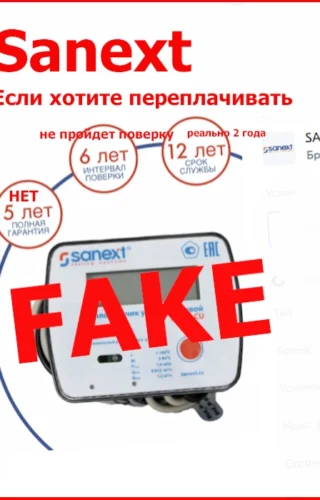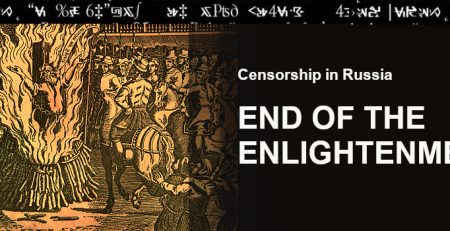from October 1, 2020, Russian courts will remove and block the download and use of applications with unlicensed (pirated) content in the Google Play, App Store and Huawei AppGallery services
Copyright protection in Russia is getting a new tool and according to Proright, it will be widely distributed. Thus, to strengthen the protection of copyright holders in Russia, a new law has been adopted on blocking applications that violate copyright. In the future, it is planned to remove other applications related to violations of the law or insulting certain groups of citizens. Since 2020, copyright holders have the right to protect their content through the courts by removing applications from the Google Play, App Store and Huawei AppGallery sites by a court decision.
Analysis of the law on the removal of applications from Google Play, App Store and Huawei AppGallery from Proright.ru
Proright offers an analysis of the legislation on blocking websites and applications to protect Internet companies. According to the updated Federal Law of the Russian Federation “On Information, Information Technologies and Information Protection”, which applies to the operation of Internet services in Russia and around the world, the responsibility for eliminating copyright violations lies with the owners of applications and telecom operators, as well as on the sites “owners of information resources”, where the application is placed for downloading to users ‘ devices.
The amendments made to the Federal Law of the Russian Federation “On Information, Information Technologies and Information Protection” introduce the procedure for blocking (restricting access to information) content and programs distributed in violation of copyright legislation in Russia. As a result, developers of mobile applications and owners of the two largest sites need to adapt to the possible risks associated with the application of the new law.
Who is covered by the law on blocking applications?
According to Proright, the new rules apply to: Application developers, application administrators, Google Play app stores, App Store, Roskomnadzor and telecom operators. The law also applies to hosting providers and may affect domain name registrars, according to Proright. In fact, the law applies to Internet companies operating in the mobile application market.
For what content can an application be blocked or deleted?
In fact, the application can be blocked for using any copyrighted content. First of all, the copyright holders will protect videos, films, clips, stories and programs, followed by music and podcasts, as well as audiobooks and books in electronic form. Individual developers may receive complaints about the use of interface design, code, markup, and even layout.
Content that is the basis for blocking the application:
- Videos, movies, animation, TV programs, sports broadcasts
- Music, podcasts and audiobooks
- Literature, books and collections of books
- Everything else that is protected by copyright except for photos
The main changes were made to Article 15.2. The procedure for restricting access to information distributed in violation of copyright and (or) related rights. This article introduces new terms that do not have a legal definition, so Proright will provide its own definition that is the most appropriate.
A software application is a software designed to work on smartphones, tablets and other mobile devices, developed for a specific iOS, Android platform.
The owner of the software application is the developer or the copyright holder who has the rights to the application.
The owner of an information resource is the owner of an application store, as well as games, books, music and movies, which allows third-party companies to offer owners of devices with the Android operating system to install and purchase various applications.
If the owner of the application does not respond to the claims of the copyright holder or the notification of Roskomnadzor, the application will be blocked in Russia
In addition, Roskomnadzor is being given new powers. Roskomnadzor will determine the person who places content on the Internet (in the application) without a license of the copyright holder, send him an electronic notification (warning) about illegal actions with a requirement to take measures to restrict access to such objects of copyright or related rights. If this does not happen within a day from the moment of receiving the notification about the need to remove unlicensed content, the provider is obliged to immediately restrict access to the corresponding application.
The new terms were introduced into the law, as the practice of law enforcement has shown that when the copyright holder applies to the court with a claim for copyright protection, the term “information resource” is interpreted by the courts in different ways. In this regard, copyright holders have difficulties with protecting their rights, and clarification through new definitions in the law will help to overcome these difficulties.
In fact, Russia introduces new responsibilities for developers, application owners and owners of sites where illegal content is hosted, or where the application is hosted. At the same time, the law defines the procedure for the actions of the parties when canceling application locks (removing measures to restrict access) to applications in the event of a corresponding court decision or its cancellation.
If the developer, the owner of the application or the owner of the application store fails to fulfill their obligations to block illegal content and resources during the day, Roskomnadzor applies to the court with an application to restrict access to information systems, programs and applications that are intended for Internet users, until the companies remove the prohibited content.
After the request of the copyright holder, Roskomnadzor sends a notification about the violation of copyright or related rights to the owner of the site where the application is hosted;
The letter must specify, among other things, the work, its author, as well as the copyright holder;
The site owner must report the claims to the application owner within one day, and he must block access to illegal content-also within one day;
If the application owner does not comply with the requirements, the platform must block access to the application no later than three days from the date of receipt of the letter from Roskomnadzor;
In case of inaction of the application owner and the administration of the site where it is hosted, the telecom operators should take care of restricting access.
The authors of the initiative noted that when the copyright holders applied, the term “information resource” could be interpreted in different ways-this caused difficulties with the protection of rights. The new version of the law introduced the concepts of “software application” and “software application owner”. This should clarify the procedure for restricting access to them.
The law was opposed by the Russian Association of Electronic Communications( RAEC), the Association of Trading Companies and Manufacturers of Electrical and Computer Equipment (RATEC) and the American Chamber of Commerce in Russia (it represents the interests of 500 companies from the United States, Europe, Russia and other countries;
They said that the law will lead to “sudden blockages”. Market participants asked to increase the response time to Roskomnadzor’s claims from a day to nine working days, and also proposed to prohibit completely blocking applications
